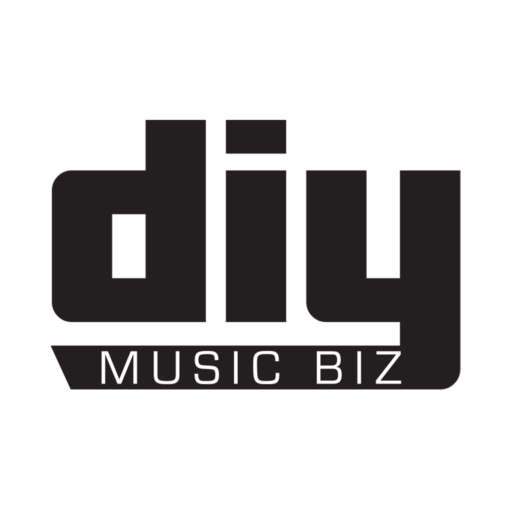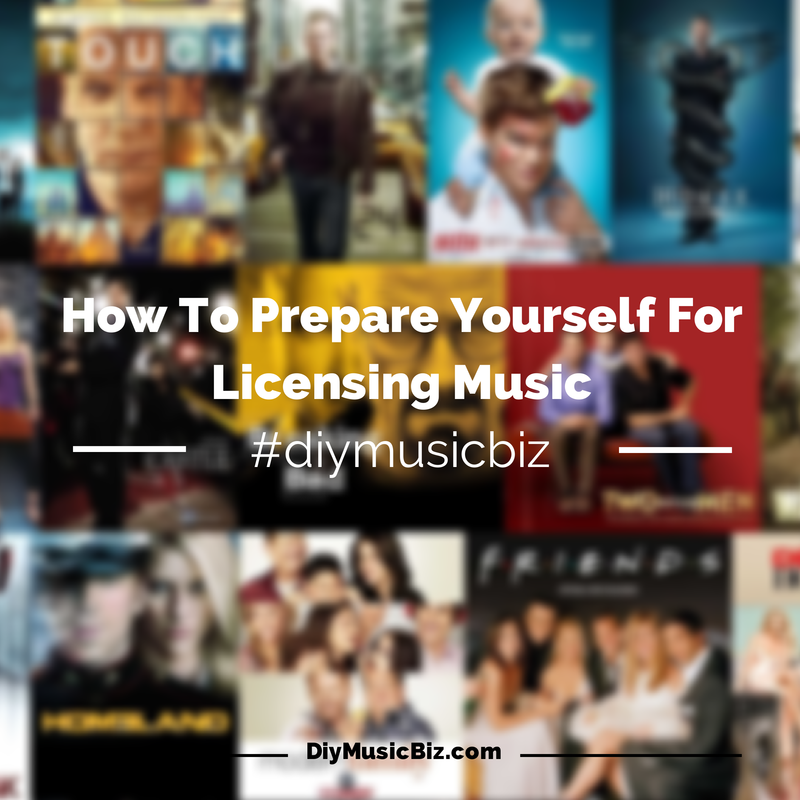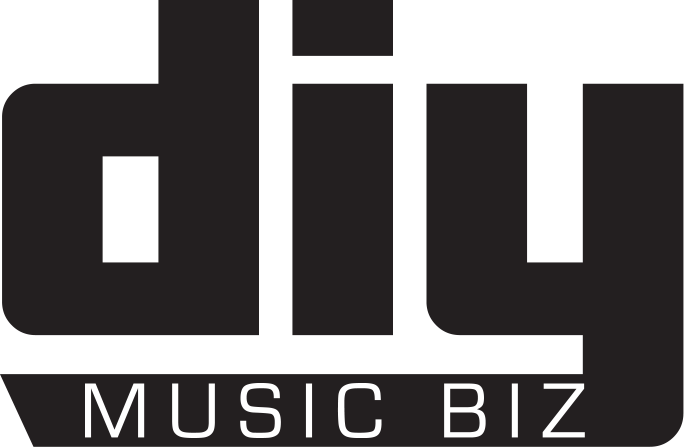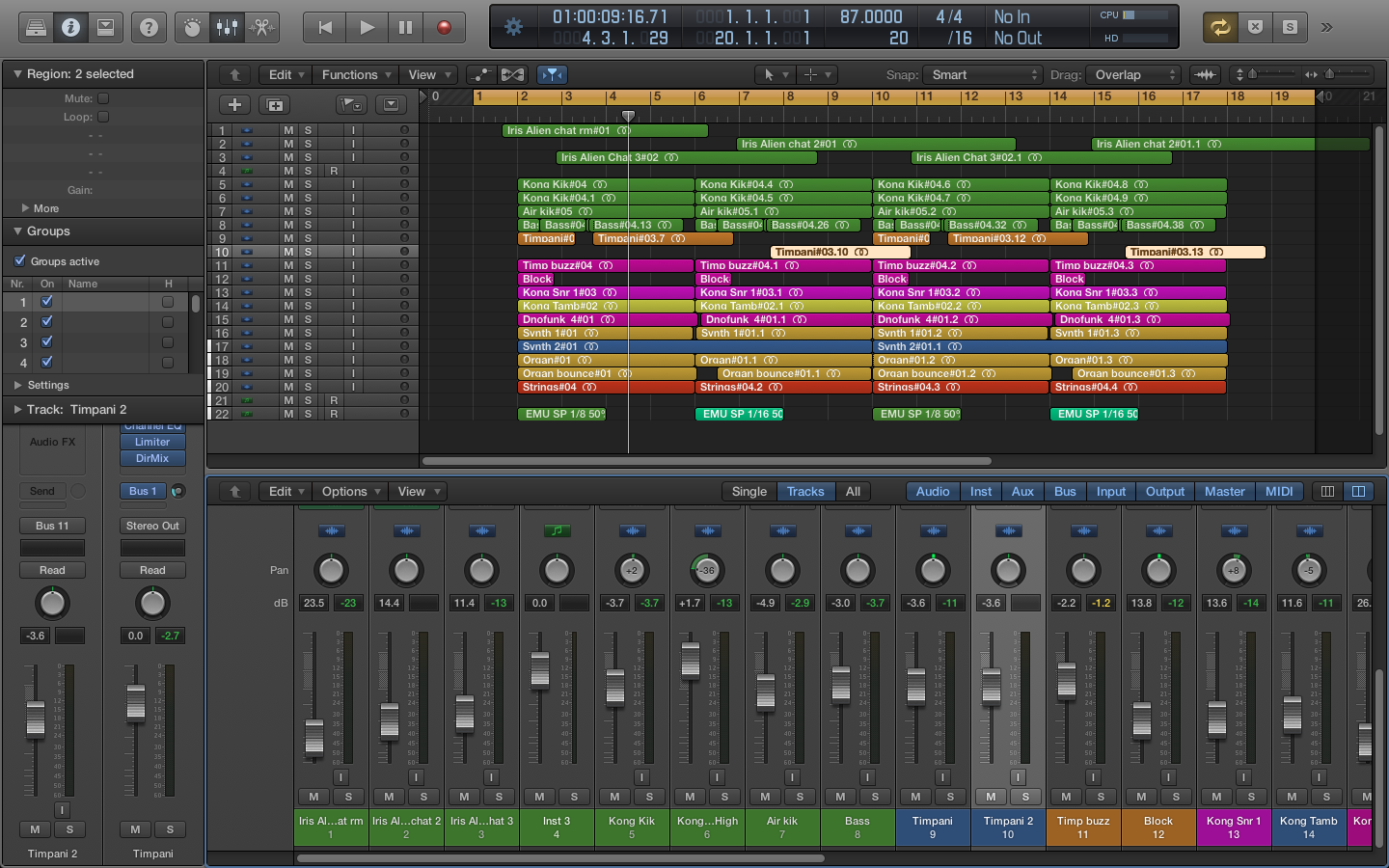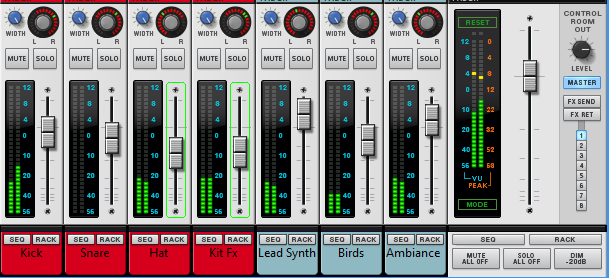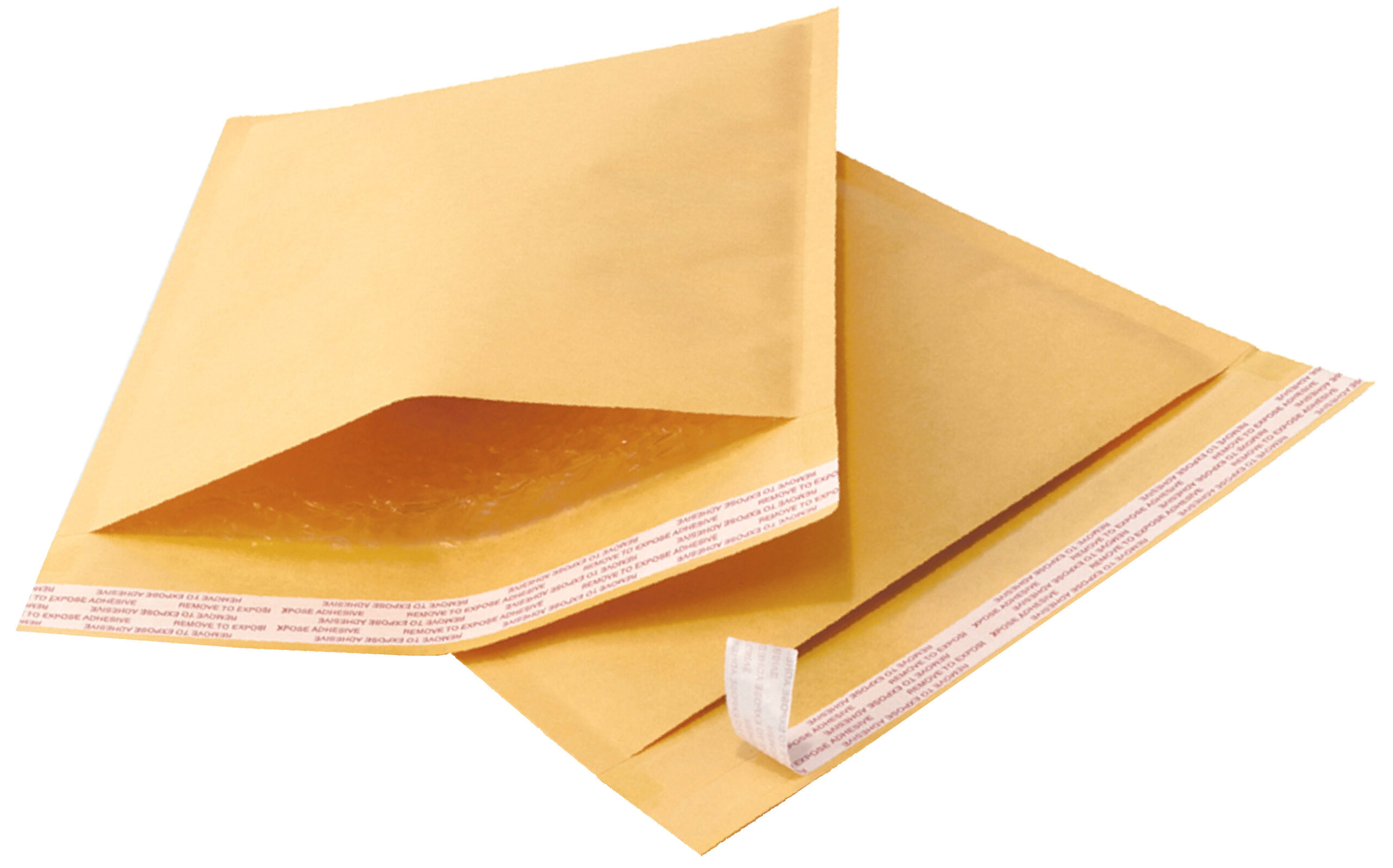Music licensing is a very lucrative business and one with no shortage of placement opportunities. Everywhere you turn there’s a company or product that utilizes music to some extent.
As an indie music creator, you have the ability to capitalize on these opportunities, but you have to be organized, flexible, patient, and willing to cater to the market’s needs. This is a different ball game when compared to creating around an artist.
Here are some tips you can utilize today to better prepare yourself for music and sync licensing
- Make sure your music sounds good
- Know who owns the right to the music
- Affiliate with a PRO: SESAC, ASCAP or BMI
- Have Alternate versions of your music
- Educate yourself on the business of music licensing
Vital Steps To Prepare Your Music For Sync Licensing
Step 1. Make Sure Your Music Sounds Good
I’m not speaking in terms of genre or taste, but more so in terms of sonic quality. You want to make sure your music is mixed properly. This means no clipping, good dynamic range, good levels, etc.
If mixing isn’t a talent you possess, hire a mixing engineer to mix your music or start learning how to do it yourself.
I get a lot of questions in terms of who to contact for mastering or does my music need to be mastered? My answer is no it does not need to be mastered, don’t focus on the mastering, focus on the mix because the master is only as good as the mix.
Step 2. Who Owns The Rights To Your Music?
Make sure you know who owns the rights to your music. If you working with a band or with multiple writers, then everyone involved with the creation owns a piece of the music.
Here’s a perfect example. If you, Billy, and Casey wrote a song together, then you are all co-owners and have a say in what happens with the song, unless stated otherwise in a contract.
What licensing professionals need to know
- Who owns a master recording?
- Who owns the composition?
Why is this important? Because before your music can be used in visual media, the client needs to obtain two specific licenses.
- Master license (master sound recording)
- Synchronization license (the right to use the composition in visual media)
Without all parties (writers/owners) onboard, the transaction gets stuck in limbo.
Visual media = Video Games, Movies, Reality TV Shows, etc.
Step 3. Affiliate with A PRO: BMI, ASCAP or SESAC
Make sure you’re signed up with a Performing Rights Organization also known as a PRO. The reason why you want to sign up with the PRO is so you can collect royalty payments.
If your music is used in a TV commercial and it airs several times a day, that’s money in the bank and without being signed up with a PRO, it’s money you’re missing out on.
Even if the commercial only airs on Saturday mornings between 9 AM and 11 AM, that’s money that you’re missing out on if you’re not signed up with the PRO.
Step 4. Have Alternative Versions Of Your Music
Why? Because it increases the chances of your music being used. A lot of times when you watch TV Shows, you’ll notice that the instrumental plays underneath the dialogue for a few bars, then towards the end, you hear the full or energetic most dense part of the song.
With some Sync Usages, you only hear the underscore (track minus the main/lead melody) or even the drum and bass edit of the track.
This is done because the dialogue for the TV Show, Ad, Commercial, or whatever is important and they need your music to aid the message, and not conflict with their dialogue.
In the event that a music supervisor needs the instrumental version of your song and you can’t be reached or can’t turn it over in a reasonable amount of time, you could miss out on the placement altogether.
There are also times when you have a good song, but it’s not formatted correctly. What does this mean? This means your music isn’t set up to be used in visual media → there needs to be edits and variations and in many cases a specific song structure.
Step 5. Educate Yourself On The Business Of Music
Make sure you understand the basic terminology of music licensing as it will be used in your contracts. If you can afford legal representation, I recommend going that route, but if not, education is required.
Even if you can afford legal representation, it’s still beneficial to understand the jargon and terms being used. In some instances, it’ll save you money, and it makes you a little more marketable (professional).
Big clients like working with people who are professional. Smaller clients will appreciate the ‘Average Joe’ approach, especially if you can explain things on their level.
Common Sync Licensing Questions
Here are some common questions I’m asked during consultations when it comes to music and sync licensing
Does My Music Need To Be Mastered?
No, your music doesn’t need to be mastered, but it helps! You can get away with a good decently leveled mix. With that being said, you do want the music you pitch to sound as best as possible so if it can get it mastered, do it.
When in doubt, a reference track preferably from the Music Library, Publisher, or Client will tell you what you need to know in terms of the final output of the song.
Can I Use Splice and Royalty Free Sample Packs?
Technically yes, but this would be good to ask with the Music Library/Publisher you work with or plan to sign with. Some Music Libraries don’t like dealing with royalty-free libraries because it’s risky. I’d stay away from them personally.
Which DAW Is Best For Sync Licensing
The DAW isn’t important as any of them can get the job done, even a free DAW like Ardour. If I had to recommend a DAW to use for sync, it would be one of these
- Reason Studios: Has everything you need
- Reaper: Lightweight customizable
- Ableton Live: Different in terms of workflow, but good.
- Logic X: Like Reason Studios, has everything needed
- BandLab Cakewalk: It’s free, but not available for OSX
There are others like Digital Performer, Cubase, etc. Go with what you know!
How Long Does It Take To Get A Placement?
Unfortunately, time isn’t a factor. When someone wants to use your music, they will and that can take weeks to years. It all comes down to the client’s project and their needs.
Conclusion
Music is great as both a career and hobby, if you’re looking to make money with your music definitely do your research and understand what’s needed, what you’re jumping into vs flying by the seat of your pants, and making mistakes that could easily be avoided. I get it, music business and technical stuff are boring, but it’s needed.
